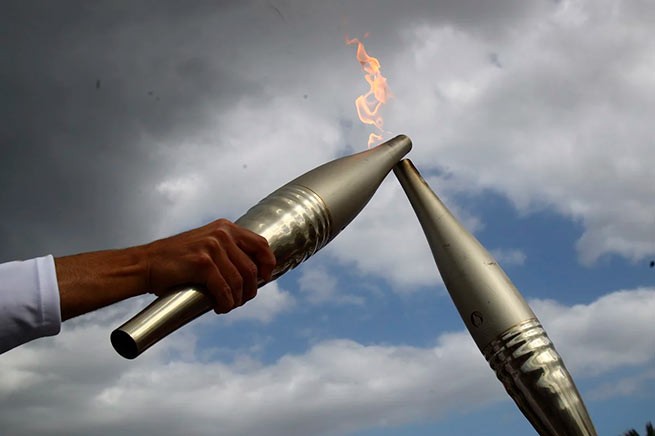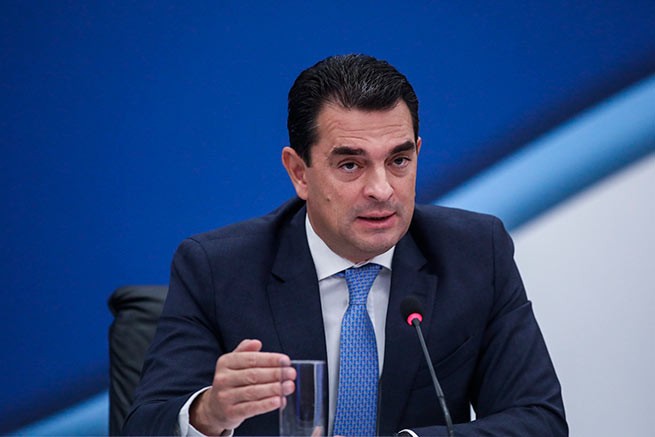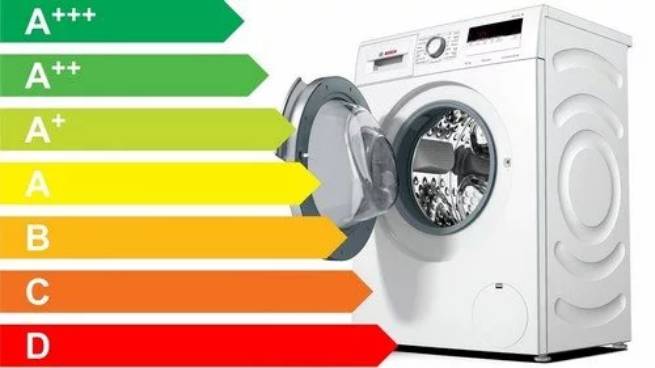Given that electricity costs will be especially high in winter, it would be good to not overuse some of the electrical appliances available in every modern household.
Energy experts spoke on Greek TV about how we can save on electricity.
According to experts, the iron is one of the most energy-intensive household appliances. The list also includes: washing machine, air conditioner, electric water heater (boiler), oven and kettle.
Some Tips
Although washing machine and does not work around the clock, it accounts for 15% of all consumed electricity. To reduce the energy consumption of the washing machine will help:
- Full load: if the drum is half full, then 50% of the power will be wasted. (But at the same time, an excessively clogged tank will also lead to unnecessary energy consumption).
- Using the economy wash.
- Medium water heating mode: washing at 30 or 40 degrees is no less effective. In addition, modern clothes and washing powders are designed specifically for washing at low temperatures. It should be borne in mind that for heating water up to 30 degrees, the machine spends 35% less energy than when washing at 40.
The big “waster” of energy in the house is fridge. It operates 24 hours a day, consuming 20 to 40% of all electricity. To reduce the load on the motor and reduce the energy consumption of the refrigerator, you need to properly handle it:
- Do not keep the door open for too long and do not look into the refrigerator just like that, without a purpose – warm air enters the chamber, which makes the device work with a vengeance.
- Place only food that has cooled to room temperature inside.
- Defrost the device regularly and prevent frost from forming on its walls.
- Do not place the device in a warm place: close to a stove or radiator.
- Leave gaps between the refrigerator and the wall: poor air circulation will cause the unit to overheat.
- Maintain the temperature in the kitchen no more than 20 degrees.
- It is more economical to place a separate freezer on a cool balcony than in a warm room.
When buying new electrical appliances it is important to pay attention to their energy class. It is calculated by the manufacturer based on the cost of using the device throughout its entire service life. The most economical equipment is class A, and equipment marked with the letter G has a very low level of energy efficiency. And although saving devices are more expensive, the difference in price will more than pay off during operation.
9 tips to save electricity when ironing clothes
1. Before starting the process, check and set aside items that do not require mandatory ironing. Everyone chooses for himself whether he needs to iron, for example, towels, or he prefers to save electricity and his own time.
2. Many T-shirts and even shirts made from certain fabrics do not need to be ironed at all (as long as they are placed flat on the dryer).
3. As far as possible, use the entire area of the iron, not just the tip or edge.
4. The faster you iron, the less energy you spend.
5. Sort items according to ironing temperature. Start ironing at the lowest possible temperature, and iron the items that require the most heating of the appliance last.
6. Ironing at a temperature higher than indicated on the product is a waste of energy. In addition, an unreasonably high temperature of the iron can lead to the fact that the item will deteriorate.
7. Small items such as a handkerchief can be ironed, using residual heat that is, an iron disconnected from the mains.
8. In the off state, some irons continue to consume energy in the future, so it is better to turn them off completely (disconnect from the outlet) after completing work.
9. Do not forget that an iron left unattended for some time is not only a frequent cause of fires, but also a useless consumer of electricity.







More Stories
Fines of 1.5 million euros for 11 large retail chains, including Leroy Merlin, Attica and JYSK
MyCoast: A digital app for complaining about beaches
ENFIA: Find out when the refund deadline is for those who want a full tax refund